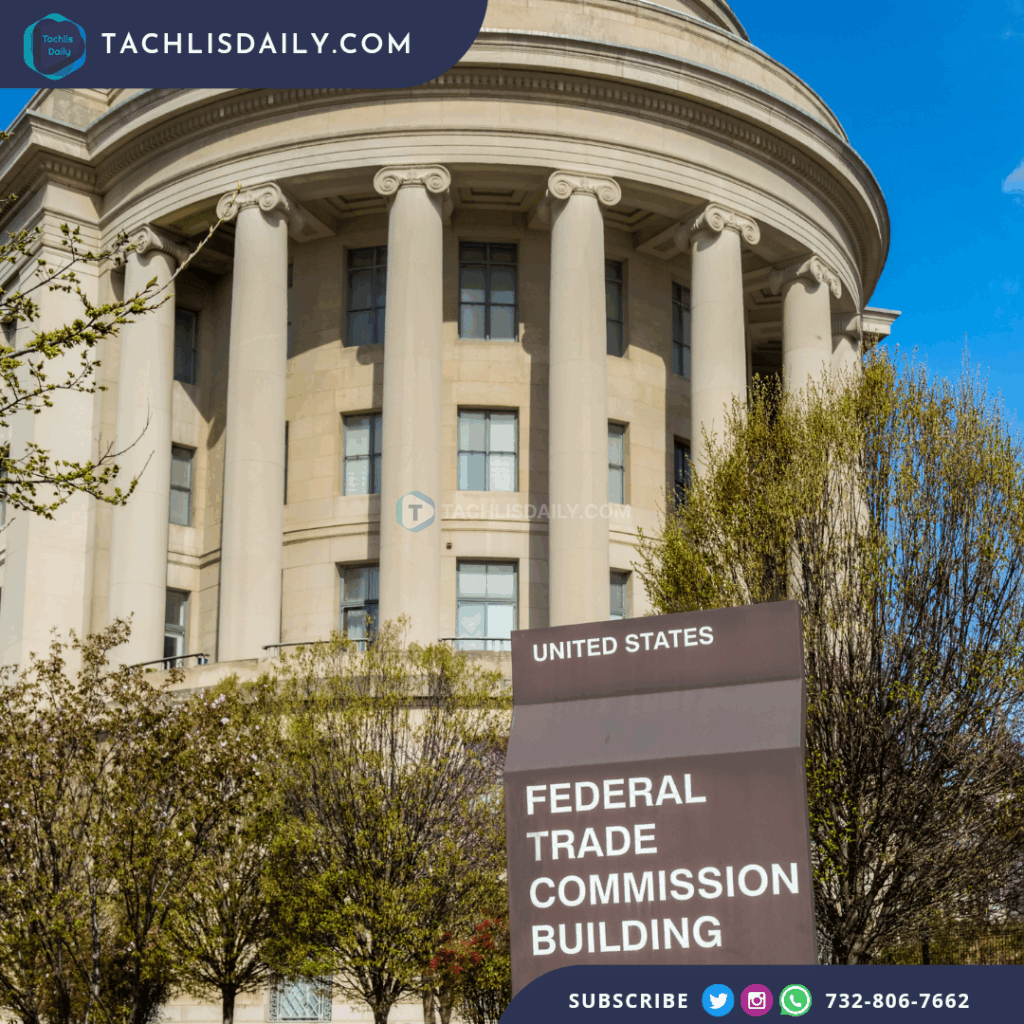A federal judge in Texas has issued a ruling that blocks the Biden administration’s effort to ban noncompete agreements, a decision that could have significant implications for American workers and businesses. The ruling by U.S. District Judge Ada Brown in Dallas determined that the Federal Trade Commission (FTC) exceeded its statutory authority in attempting to implement a sweeping rule that would have barred employers from requiring their workers to sign noncompete agreements. The rule was scheduled to take effect nationwide on September 4, 2024, but the judge’s order now prevents it from being enforced.
Noncompete agreements are contracts that restrict employees from working for competitors or starting similar businesses within a certain period and geographic area after leaving a company. These agreements have been widely used across various industries to protect trade secrets and other confidential information. However, they have also been criticized for stifling competition, limiting workers’ job mobility, and suppressing wages. According to the FTC, approximately 30 million American workers—roughly 20% of the workforce—are bound by noncompete agreements.
The FTC, led by Chair Lina Khan, who has taken a more aggressive stance on antitrust enforcement, approved the rule in a 3-2 vote in May. The commission and its supporters argued that noncompete agreements represent an unfair restraint on competition and are in violation of U.S. antitrust laws. They claimed that eliminating these agreements would empower workers, promote competition, and lead to higher wages and increased innovation.
Judge Brown, however, found that the FTC does not have the authority to issue such a broad rule banning noncompete agreements across the board. In her ruling, she stated that the commission’s approach was “arbitrary and capricious” and lacked sufficient evidence to justify a blanket prohibition. “The Court concludes that the FTC lacks statutory authority to promulgate the Non-Compete Rule, and that the Rule is arbitrary and capricious,” Brown wrote in her order. “(The rule) is hereby SET ASIDE and shall not be enforced or otherwise take effect on September 4, 2024, or thereafter.”
This ruling is a significant victory for business groups, particularly the U.S. Chamber of Commerce, which had filed a lawsuit challenging the FTC’s rule. Suzanne Clark, the Chamber’s President and CEO, celebrated the decision, stating, “This decision is a significant win in the Chamber’s fight against government micromanagement of business decisions. A sweeping prohibition of noncompete agreements by the FTC was an unlawful extension of power that would have put American workers, businesses, and our economy at a competitive disadvantage.”
The case has garnered widespread attention because of its potential impact on the labor market and the balance of power between employers and employees. Business groups have long argued that noncompete agreements are essential for protecting sensitive business information and maintaining a competitive edge. They contended that banning these agreements would make it difficult for companies to safeguard their trade secrets, especially in industries where intellectual property and proprietary processes are crucial to success.
On the other hand, worker advocacy groups and some economists have argued that noncompete agreements are used far too broadly and often harm workers by limiting their ability to seek better employment opportunities. They point to research suggesting that noncompete agreements contribute to wage suppression and reduced job mobility, which can have negative effects on overall economic growth.
The ruling also has political implications, as it is seen as a setback for the Biden administration’s efforts to increase worker protections and promote fair competition. The White House has expressed strong support for the FTC’s ban on noncompete agreements. In response to the ruling, White House Press Secretary Karine Jean-Pierre issued a statement saying, “Special interests and big corporations worked together today to prevent nearly 30 million hardworking Americans from being able to get better jobs or start small businesses. The Biden-Harris Administration will keep fighting to empower workers to choose where they work, to start a business, and to get the pay they deserve, and continues to support the Federal Trade Commission’s ban on noncompete agreements.”
The FTC itself has indicated that it may not be done with this issue. FTC spokesperson Victoria Graham expressed disappointment with the ruling and suggested that the commission is considering its options, including a possible appeal. “Today’s decision does not prevent the FTC from addressing noncompetes through case-by-case enforcement actions,” Graham said in a statement.
The legal battle over the FTC’s authority to ban noncompete agreements is far from over, and the issue may ultimately be decided by higher courts, potentially even the U.S. Supreme Court. In the meantime, the ruling has created uncertainty for employers and employees alike, as the future of noncompete agreements remains in flux.
This case also highlights the broader debate over the role of government in regulating business practices and the extent to which federal agencies should have the power to impose broad regulations on the private sector. Critics of the FTC’s rule argue that such decisions should be made by Congress, not by regulatory agencies, while supporters believe that agencies like the FTC are better positioned to address complex and evolving economic challenges.
As the legal proceedings continue, the outcome will have lasting consequences for millions of American workers and businesses, shaping the landscape of employment law and competition policy in the United States for years to come.











